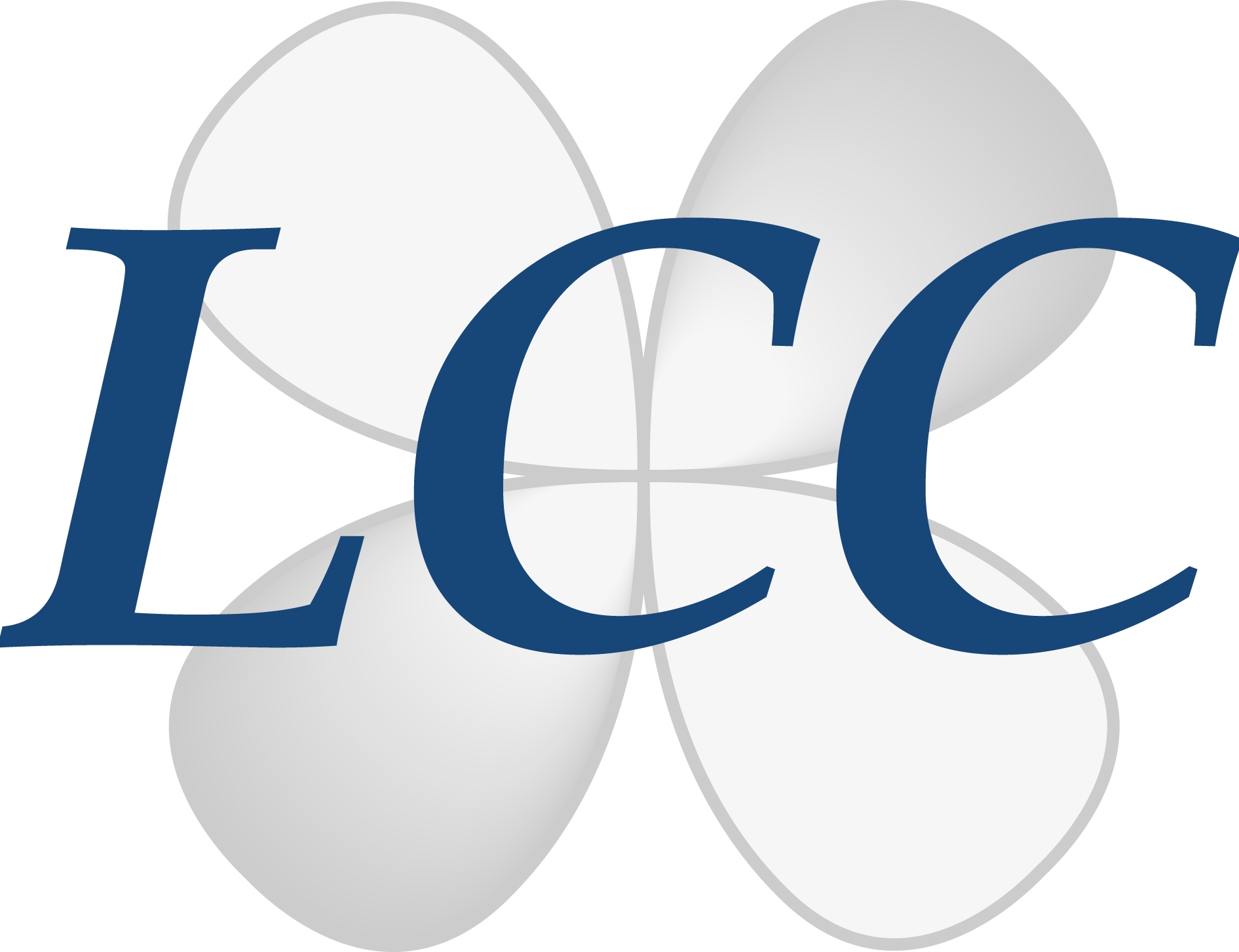Donor and acceptor substituted branched molecules for application in organic photovoltaics
CHEMISTRY & GREEN CHEMISTRY

Lab: LCC
Duration: 5 months full-time internship
6 months full-time internship
Latest starting date: 01/03/2024
Localisation: Laboratoire de Chimie de Coordination, LCC, CNRS UPR-8241
Supervisors:
Valérie MARAVAL valerie.maraval@lcc-toulouse.fr
Work package:
The development of branched molecules such as dendrimers for applications in organic solar cells and other optoelectronic devices has been largely considered in the last decades. [1,2] The use of polyfunctional architectures is indeed particularly attractive because it allows the introduction of a large number of chromophores, either electron-donors or electron-acceptors, at defined positions on a single macromolecule.
Here, it’s proposed to develop a series of small branched molecules built from haxachlorocyclotriphosphazene, a hexafunctional precursor used as core for the synthesis of phosphorus-containing dendrimers.[3] It will first focus on small molecules that are easily accessible, before increasing the number of substituents through the use of dendrimers. The proposed cyclotriphosphazene-based molecules will be envisaged as electron-donor or -acceptor in organic solar cells (OSCs), but some of them could also be tested as hole transport layer.
The selected donor (fluorene) and acceptor (benzothiadiazole) substituents will bear alkyl groups in order to make soluble the targeted molecules, as required to allow the preparation of thin layers of good quality for OSC devices.
This project is proposed within the context of an international collaboration between a French chemist (Valérie Maraval) and a Mexican physicist specialized in OSCs (José-Luis Maldonado) who have established since several years a fruitful collaboration that gave rise to several common publications.
References:
[1] S.-C. Lo, P. L. Burn, Chem. Rev. 2007, 107, 1097-1116.
[2] X. Zhang, Y. Zeng, T. Yu, J. Chen, G. Yang, Y. Li, J. Phys. Chem. Lett. 2014, 5, 2340-2350.
[3] See for example: J. Qiu, A. Hameau, X. Shi, S. Mignani, J.-P. Majoral, A.-M. Caminade, ChemPlusChem 2019, 84, 1070-1080.
Areas of expertise:
Phosphorus dendrimers, chromophores, organic solar cells
Required skills for the internship:
The candidate will be involved in the synthesis of branched phosphorus molecules bearing chromophore moieties. He/she should have a good theoretical knowledge in organic chemistry, and basic knlowledge in phosphorus chemistry would be appreciated. He/she should have good knowledge in the classical methods of synthesis, purification (distillation, cristallization, extraction, chromatography...) and characterization (NMR, IR, MS, UV-vis...) of organic and organophosphorus molecules .
